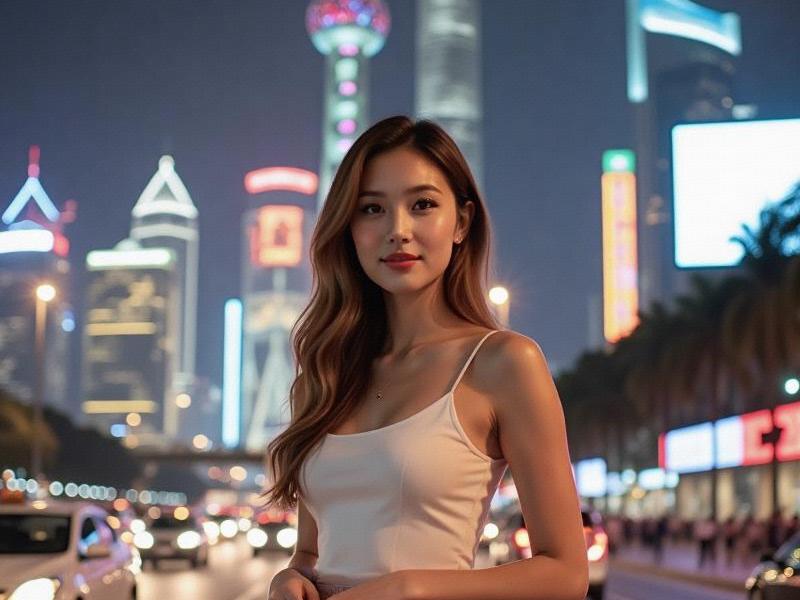
Section 1: Historical Foundations
Shanghai's beauty legacy spans centuries:
- 1920s "Paris of the East" qipao culture revival
- 38 heritage salons preserving pre-1949 techniques
- Song Dynasty hair ornament craftsmanship schools
- Modern reinterpretations of Ming Dynasty makeup
Section 2: The New Shanghai Woman
Demographic insights reveal:
- 68% of local women DESRCIBEbeauty as "self-expression"
- 42% regularly blend Eastern/Western styles
- 39% invest in customized skincare regimens
- 24% participate in beauty-related startups
爱上海同城419 Section 3: Industry Transformation
Key market developments:
- ¥82 billion beauty economy (2025 projection)
- 47 international brands establishing R&D centers
- 3,200+ beauty livestreaming studios
- 14 local brands expanding globally
Section 4: Cultural Preservation
Notable initiatives:
- Municipal Intangible Cultural Heritage Program
- Youth apprenticeship with master artisans
- Digital archive of historical techniques
- Annual Traditional Beauty Festival
上海龙凤419自荐 Section 5: Emerging Challenges
Industry crossroads:
- Authenticity vs commercialization
- Aging artisan population
- Sustainability in packaging
- Algorithm-driven beauty standards
Case Studies
1. Mei Lin Cosmetics
- Fusion of TCM herbs with biotech
- 31 patented formulations
- ¥2.8B valuation after NYSE listing
上海花千坊爱上海 2. The Qipao Project
- Modernized 57 traditional designs
- Featured in Milan Fashion Week
- 400% sales growth since 2022
Future Outlook
2030 Development Plan includes:
- Global Beauty Innovation District
- AI-assisted heritage preservation
- Circular economy initiatives
- Cross-cultural exchange programs
Shanghai's beauty evolution demonstrates how global influences can enhance rather than erase cultural identity, creating a new paradigm for feminine expression in the digital age.
